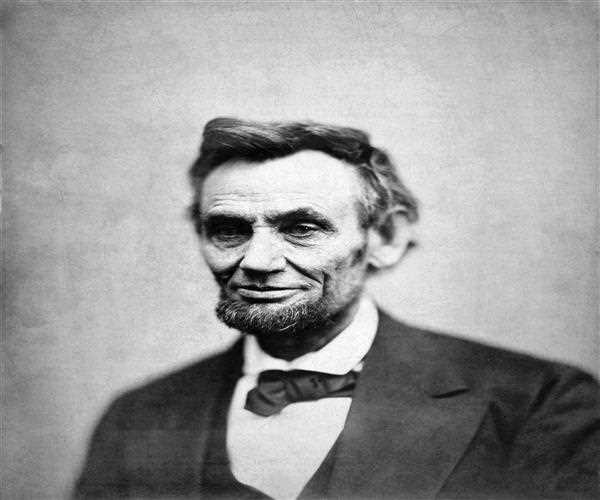The Thirteenth Amendment to the U.S. Constitution confirmed in 1865 in the fallout of the Civil War, nullified subjugation in the United States.
Regardless of the long history of subjugation in the British provinces in North America, and the proceeded with the presence of subjection in America until 1865, the change was the main unequivocal specify of the establishment of bondage in the U.S. Constitution.

While America's establishing fathers revered the significance of freedom and uniformity in the country's establishing records—including the Declaration of Independence and the Constitution—they prominently neglected to say bondage, which was lawful in each of the 13 provinces in 1776.
A large number of the organizers themselves possessed slaves, and however they recognized that bondage was ethically wrong, they successfully pushed the subject of how to destroy it to future ages of Americans.
By 1861, when the Civil War broke out, in excess of 4 million individuals (about every one of them of African plunge) were held as slaves in 15 southern and outskirt states.
Liberation PROCLAMATION
In spite of the fact that Abraham Lincoln hated subjugation as an ethical malice, he additionally faltered through the span of his profession (and as president) on the most proficient method to manage the impossible to miss organization.
In any case, by 1862, he had turned out to be persuaded that liberating the South's slaves would help the Union pound the Confederate disobedience and win the Civil War.
In any case, the Emancipation Proclamation it itself did not end subjection in the United States, as it just connected to the 11 Confederate states then at war against the Union, and just to the part of those states not officially under Union control. To make liberation lasting would take a protected change nullifying the establishment of subjugation itself.
Fight OVER THE 13TH AMENDMENT
In April 1864, the U.S. Senate passed a proposed revision restricting subjection with the vital 66% larger part. Be that as it may, the revision wavered in the House of Representatives, as an ever-increasing number of Democrats declined to help it (particularly amid a decision year).
As November drew nearer, Lincoln's reelection looked a long way from guaranteed, however, Union military triumphs significantly helped his motivation, and he wound up vanquishing his Democratic rival, General George McClellan, by a resonating edge.
At the point when Congress reconvened in December 1864, the encouraged Republicans put a vote on the proposed alteration at the highest point of their plan. More than any past point in his administration, Lincoln tossed himself in the authoritative procedure, welcoming individual delegates to his office to examine the revision and putting weight on outskirt state Unionists (who had beforehand contradicted it) to change their position.
Lincoln additionally approved his partners to allure House individuals with plum positions and different promptings, allegedly letting them know: "I abandon it to you to decide how it will be done; yet recall that I am President of the United States, dressed with gigantic power, and I anticipate that you will get those votes."
Thirteenth AMENDMENT PASSES
The next day, Lincoln affirmed a joint determination of Congress submitting it to the state lawmaking bodies for sanction.
Dark CODES
The year after the correction's section, Congress utilized this capacity to pass the country's first social equality charge, the Civil Rights Act of 1866. The law refuted the supposed dark codes, those laws set up in the previous Confederate expresses that administered the conduct of blacks, viably keeping them subject to their previous proprietors.
Congress additionally required the previous Confederate states to approve the Thirteenth Amendment keeping in mind the end goal to recover portrayal in the government.